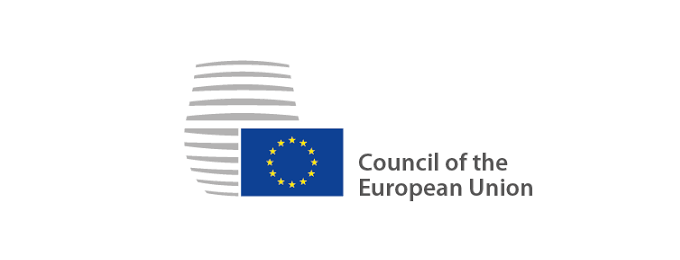EU ministers adopted several conclusions related to the future of education, training, re- and upskilling.
Unsurprisingly, all conclusions adopted by the Council take into account the impact of COVID-19 on the policy domains they deal with.
EU education ministers adopted conclusions on countering the COVID-19 crisis in education and training by written procedure on 16 June. With the conclusions, they underline the importance and success of the mutual exchange they had since the outbreak of the COVID-19 crisis and highlight the central role of education for the recovery from the crisis. The ministers invite Member States (MS) to continue sharing information, examine possibilities for innovation and accelerated digital transformation, and to strengthen teachers’ and trainers’ digital skills and competences. Moreover, the conclusions invite the European Commission (EC) e.g. to carry out impact research, work towards necessary adjustments in Erasmus+, and push for adequate investments in education and training for the recovery of the EU, above all in digital skills and infrastructure.
EU education ministers will hold a third informal videoconference under the Croatian presidency of the Council on 23 June. Amongst others, ministers will discuss challenges they face in preparing for the next school/academic year.
EU employment and social affairs ministers underlined that the current crisis had accentuated the need for upskilling and reskilling as ways to support economic recovery, social cohesion and resilient societies and economies. On 8 June, they adopted – in written procedure – conclusions on reskilling and upskilling as a basis for increasing sustainability and employability. With the conclusions, the ministers invite the EC e.g. to reinforce and update the ‘Skills Agenda for Europe’ to support Member States putting in place labour market-relevant education and training systems and accessible upskilling and reskilling opportunities for all adults, with a focus on digital skills and skills to adapt to transitions, including validation and transparency of learning outcomes
In addition, ministers from the sports and youth domains adopted conclusions as well: Council conclusions on empowering coaches by enhancing opportunities to acquire skills and competences were adopted on 4 June 2020; Council conclusions on Youth in external action on 5 June.
The EC is expected to present its proposal for an updated Skills Agenda for Europe, including a proposal for a Council Recommendation on Vocational Education and Training on 1 July. EC Proposals for an updated Digital Education Action Plan (DEAP), a European Education Area and a strategic framework for European cooperation in education and training post-2020 (post-ET2020) will be presented in September. A roadmap for and an online consultation on the DEAP was launched on 17 and 18 June respectively.
The EC presented its new proposal for the Multiannual Financial Framework (MFF) 2021-2027 and a “Next Generation EU” recovery instrument on 27 May (see SwissCore article). In its new 2020 MFF proposal, the EC proposed a budget for Erasmus+ post-2020 that is below the budget the EC proposed in 2018: The new proposal for Erasmus+ is 24.6 billion EUR in 2018 prices, which is a decrease of 1.8 billion EUR or 7% from the original proposed 26.4 billion EUR. In the meanwhile, the EC underlines that this is still higher than the proposal presented by Charles Michel, president of the European Council, in February and that the budget is now for 27 MS instead of 28 MS as in 2018. In addition, the EC highlights that there will be different funding options for education and training and not only Erasmus+, e.g. in InvestEU (see SwissCore article) and the Digital Europe Programme.

